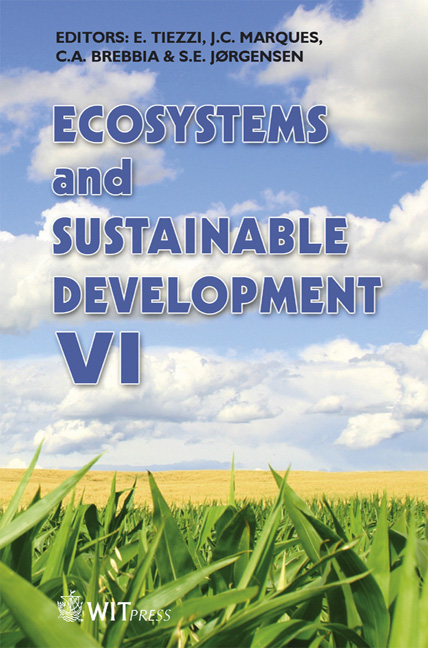The Environmental Consequences Of Implementation Of A Council Directive On Landfill Of Waste In Lithuania
Price
Free (open access)
Transaction
Volume
106
Pages
10
Published
2007
Size
973 kb
Paper DOI
10.2495/ECO070431
Copyright
WIT Press
Author(s)
G. Denafas
Abstract
While establishing feasibilities for municipal waste management system development in Lithuania, the generation of municipal waste management fractions have been forecast, using a LCA-IWM prognostic tool. Separate collection and treatment of 22% of biodegradable waste from the total biodegradable waste amount has been proposed, based on this forecast. The next steps of the Lithuanian Municipal Waste Management System development may be the arrangement of some environmentally friendly mixed municipal waste incineration plants. Such scenarios fully satisfy the requirements of the Council Directive on Landfill of Waste and Lithuanian State Strategic Waste Management Plan concerning the reduction of landfilled biodegradable waste. The assessment of these scenarios of environmental consequences shows that in the Lithuanian municipal waste management system the emissions of greenhouse gas, human toxicity and photo-oxidants formation would be reduced significantly after the decrease in biodegradable waste landfilling. However, due to biogas and mixed municipal waste incineration the acidification and eutrophication would be increased visibly. Keywords: municipal waste, landfilling, biodegradable waste, incineration, greenhouse gas, human toxicity, acidification, eutrophication. 1 Introduction The goal of Council Directive 1999/31/EB on landfill of waste is: to schedule the means, order and guidelines which would help to prevent or highly reduce the negative environmental impact, especially the pollution of surface water,
Keywords
municipal waste, landfilling, biodegradable waste, incineration, greenhouse gas, human toxicity, acidification, eutrophication.





